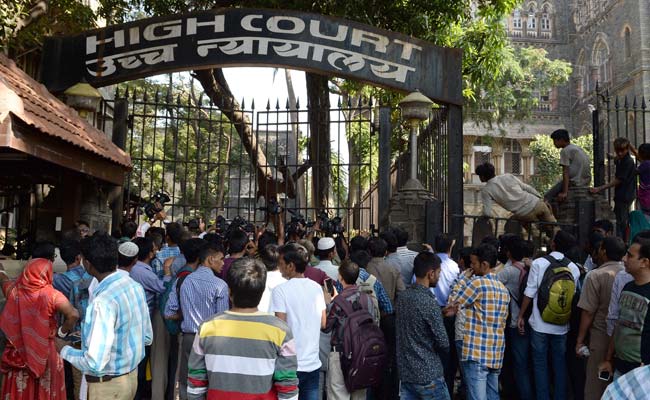
The Bombay High Court on Thursday acquitted actor Salman Khan, saying that he cannot be convicted on the basis of the evidence produced in the 2002 hit-and-run case.
Here are 10 main observations made by the judge:
The burden is on the prosecution to establish the guilt of the accused and this needs to be done beyond reasonable doubt.
The investigation was conducted in a faulty manner with many loose ends and as such benefit of this had to be given in favour of the accused.
On the main aspects as to driving and drunkenness, the prosecution has not brought any material evidence which spells out the offence of the accused.
The trial court erred in accepting bills (of Rain Bar and Restaurant where Salman had gone before the incident) without a 'panchnama' or record of observation by at least five people. The way evidence was collected suggests fabrication.
Singer Kamal Khan, who was present in car with Salman Khan, should have been questioned.
Salman Khan's bodyguard Ravindra Patil, key prosecution witness, not 'wholly reliable'.
There are various shortcomings by the prosecution like not recording evidence of necessary and important witnesses and omissions and contradictions in the evidence of injured witnesses, which definitely create a doubt about the involvement of Salman for offences for which he has been charged. On the basis of such evidence, Salman cannot be convicted.
It is the duty of the court to analyse the evidence submitted to it and to see that the offence is proved beyond reasonable doubt.
The appreciation of evidence done by the trial court while convicting the appellant was not proper and legal, as per the principles of criminal jurisprudence.
This is not a case where the prosecution has successfully established its charges. The entire evidence of the prosecution was circumstantial in nature.

